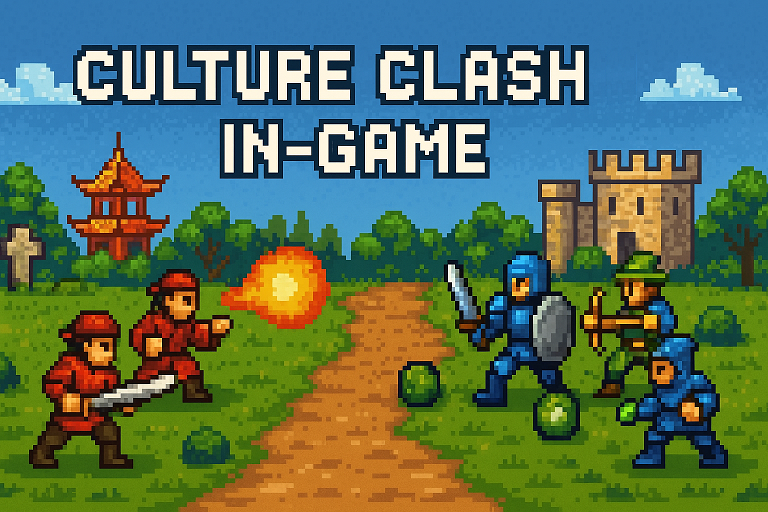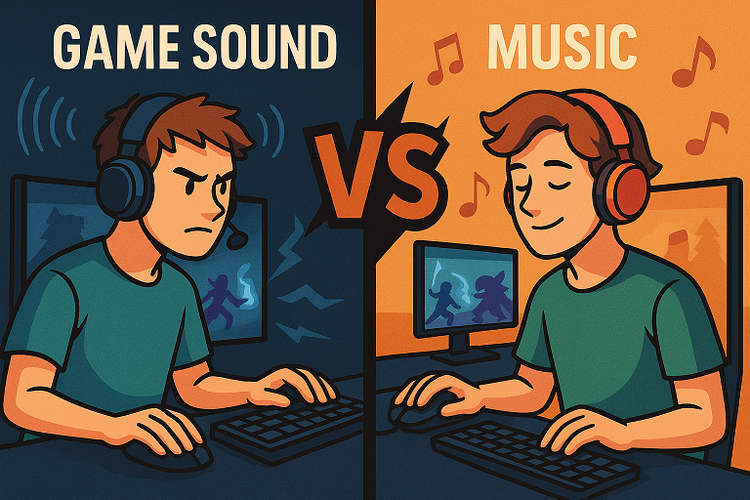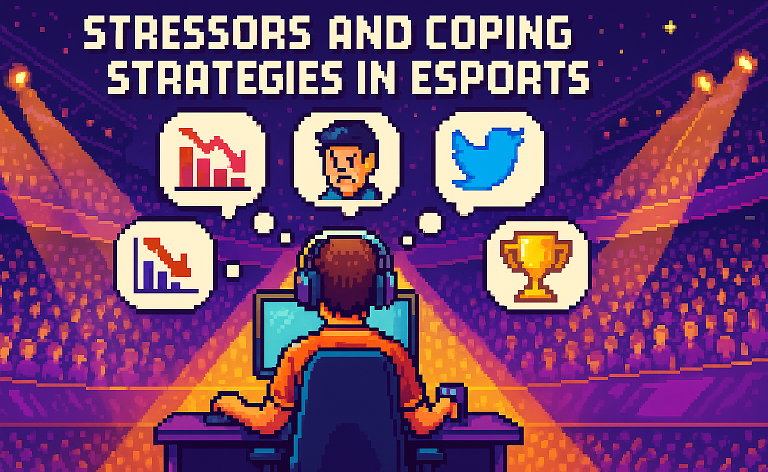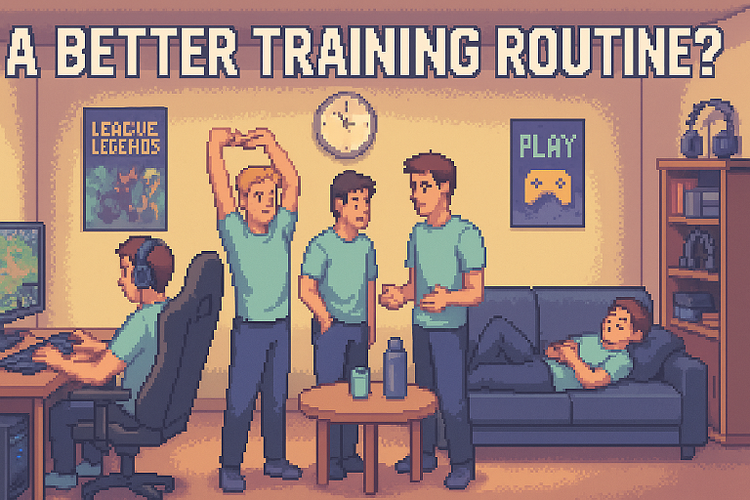The Enjoyment of Griefing

Hello everybody, and welcome to a new GamingScience episode.
Today, we will be discussing how griefing, as a play style, satisfies some players' basic psychological needs and causes them enjoyment. You will also learn what exactly determines griefing and how some players maintain justice in-game.
• Griefing: intentionally disrupt another player's game experience for personal enjoyment or gain.
• Griefing includes harassing, imposing power, scamming, and greed play.
• Reasons for griefing: enjoyment, free-riding, "it's just a game", and punish other griefers.
• Griefers and Non-griefers have a similar enjoyment level.
• Griefers have less online social connections.
• Half the griefers were victims of griefing and restore justice by griefing back.
• For griefers, it's the best way to enjoy playing.
😀 Griefing & Enjoyment
As we have seen in an earlier episode, there are many different types of motivation to play video games. One of them is to compete and seek a high in-game status through e.g., a high ranking or having the best gear. Another, you could say "dark", aspect of this type of motivation is the fact that some players enjoy manipulating or dominating other players independently of their will [1]. Players who fall into this aspect of competitiveness are called "griefers".
"[Griefing] is typically known as style of gaming in MMOGs whereby the griefer intentionally disrupts another player’s game experience for his or her own personal enjoyment or gain [2]."
In the literature, four categories of griefing exist:
- Harassing, which refers to causing emotional distress for the victim. This may include insulting, spamming, or disrupting events.
- Power imposing: This is your average camper in WoW who waits for you to respawn just to kill you again. It can also include someone exploiting loopholes in the game.
- Scamming, as in using fraudulent schemes.
- Greed Play: In WoW, this could be someone stealing items or achievements from you, even though you've earned them.
The primary question now is, what motivates players to engage in griefing behavior? One way of answering this question is to look at what players can gain from it.
If someone is scamming or uses greed play in-game, that's essentially gaining something without putting much effort into it - that's similar to what we would usually call a "free rider".
Another aspect lies in one of the words of the definition of griefing shown above: "enjoyment". It appears that griefers feel enjoyment when engaging in such behavior - killing you over and over again, scamming people, offensive "gg out"-ing you, or exploiting the game (like playing Zerg, or every new character in LoL because they're always OP).
A third way of looking at it is through the lens of "it's just a game." Griefers in another game expressed that "[the game] is just a game and meant to be played like one [2]." They are right in the sense that a game is just a game. However, behavior from the real world usually transfers over, and players are expected to behave in certain ways. From a different point of view, one could argue that within video games, behaving out of one's own moral zone is a good place to do so.
"[...] some players have been found to use griefing as a form of punishment or justice against those who violate game norms (including other griefers) [3]."
What ever the reason may be, choosing to engage in griefing appears to satisfy some basic intrinsic psychological need. Those are usually split into autonomy (a player's need to have volition in an activity), competence (how good someone feels when finishing a task and having an impact on his surrounding), and relatedness (the desire to connected to others). In their study, the authors wanted to find out how griefers and non-griefers differ in their need satisfaction.
🏁 Results are in...
Regarding the overall level of enjoyment, the study found that griefers and non-griefers do not differ. This means that people who scam, slur, or play Zerg enjoy playing as much as everyone who doesn't.
Another finding was that satisfying their need for autonomy (doing what they want to do) and competence (feeling good about having an impact) is far more important for griefers than for non-griefers. This makes sense. Let's imagine you forgo socializing with other players (because you're a griefer); you'll probably put more value on other aspects in order to make up for it. Or, as the authors put it:
"The two needs compensate for the lack of satisfaction or insignificance of the third [3]."
The third result, about half of the players who engaged in griefing behavior were victims of griefing, is truly mind-blowing. They chose to fight fire with fire and pay back those who did them no good. These players also said that they wanted to protect their friends from the griefing players. What this also means is that just about 50% of griefers really just grief for their own amusement.
🤔 Implications
The primary takeaway from this is that you shouldn't hate on griefers. For them, it's just a way to get the most out of their gaming time and enjoy playing to the fullest. However, there are certain behaviors we should not accept, neither in-game nor in real life.
I argue that the other 50% of griefers, those who were victims first, serve a critical role in sustaining balance. If griefers aren't punished for their behavior, they'll do it over and over again. In some cases, even a group of players will engage in griefing behavior against one player as an act of payback and retaining justice.
See you all next week. Cheers,
Christian 🙂
Join over 250+ (🤯) Gaming Science subscribers and become smarter every week.
"I love this type of content, thank you Chris."
📜 References
[1] Yee, 2006
[2] Paul et al., 2015
[3] Joeckel et al., 2012






